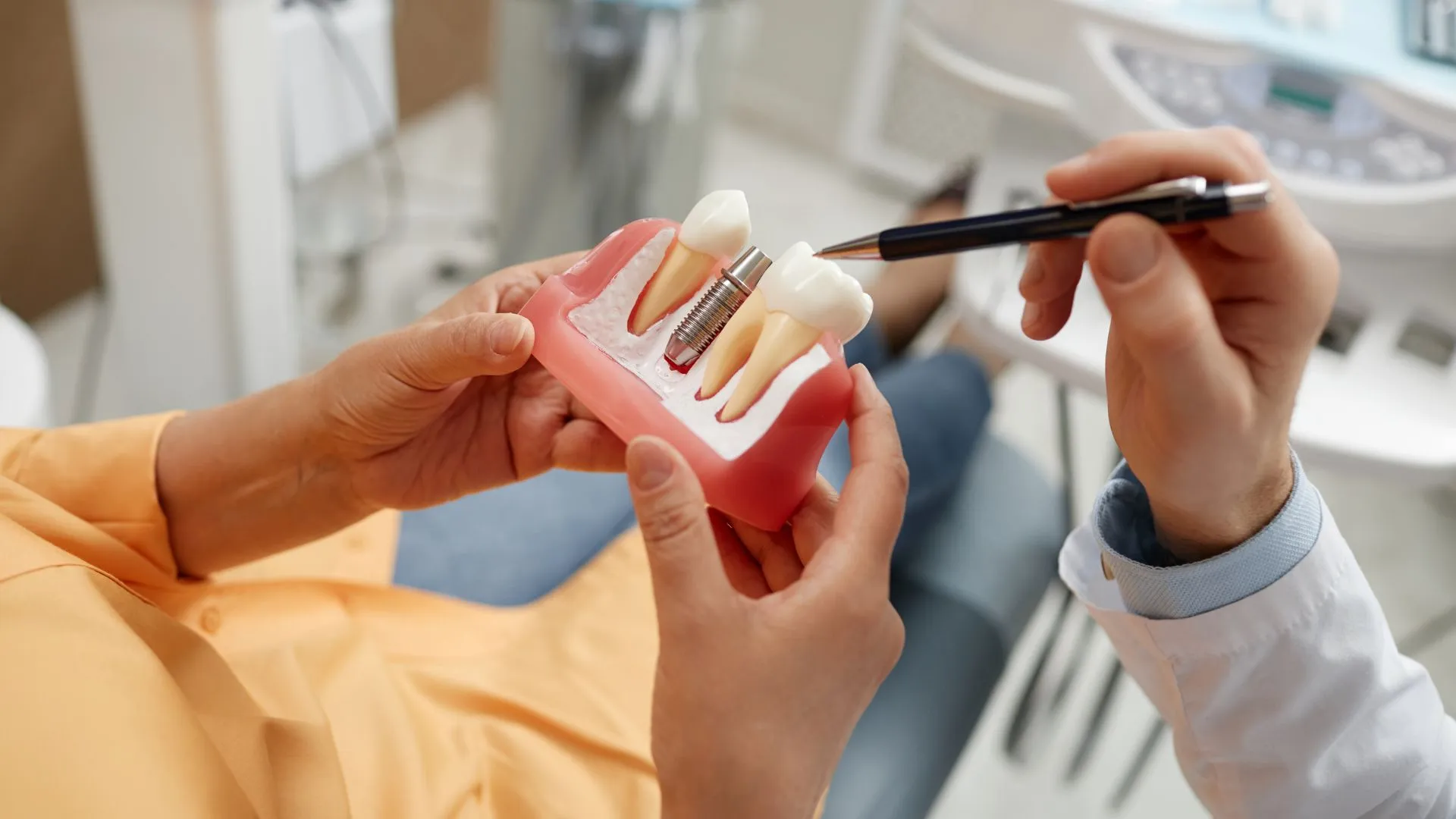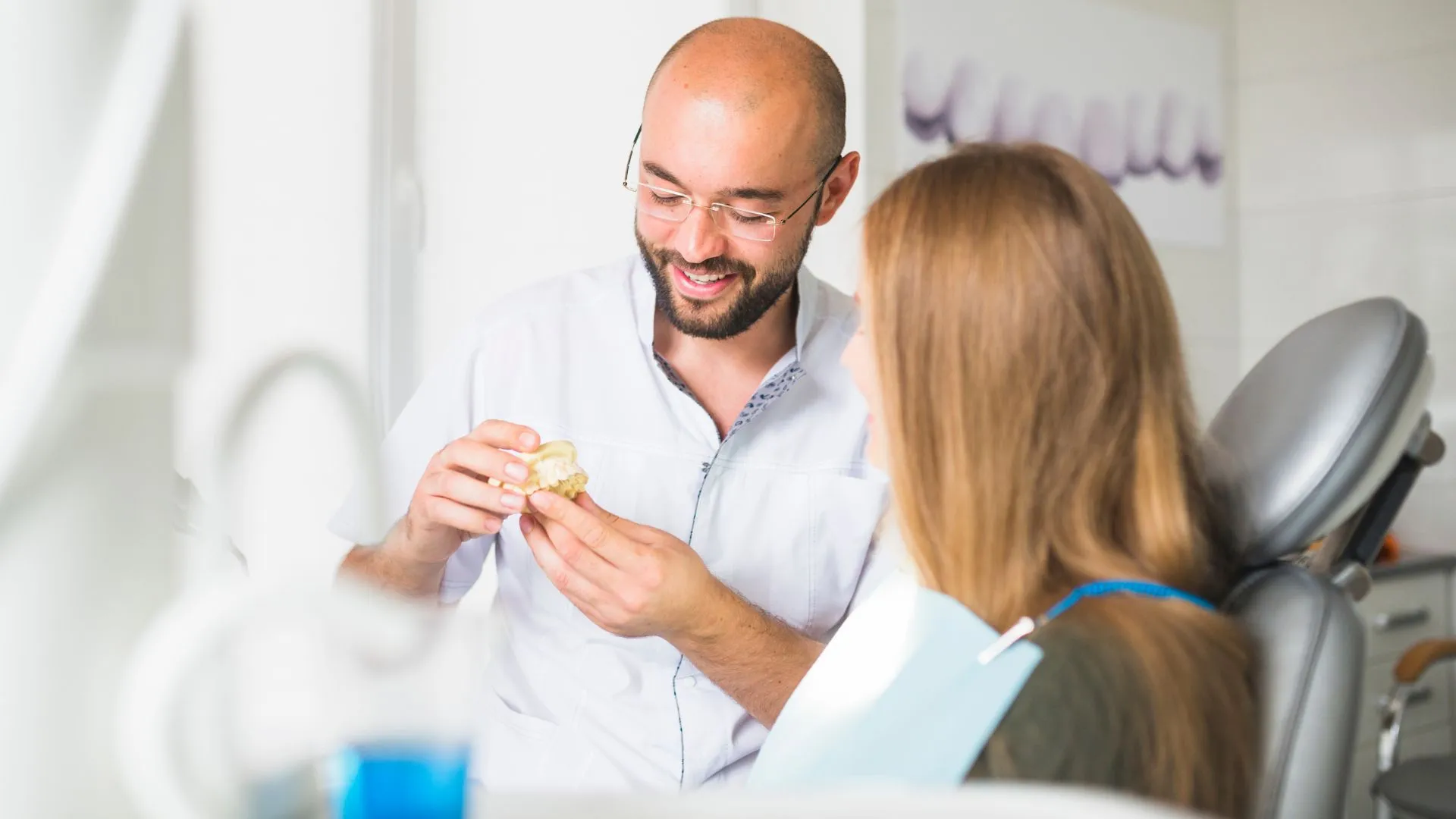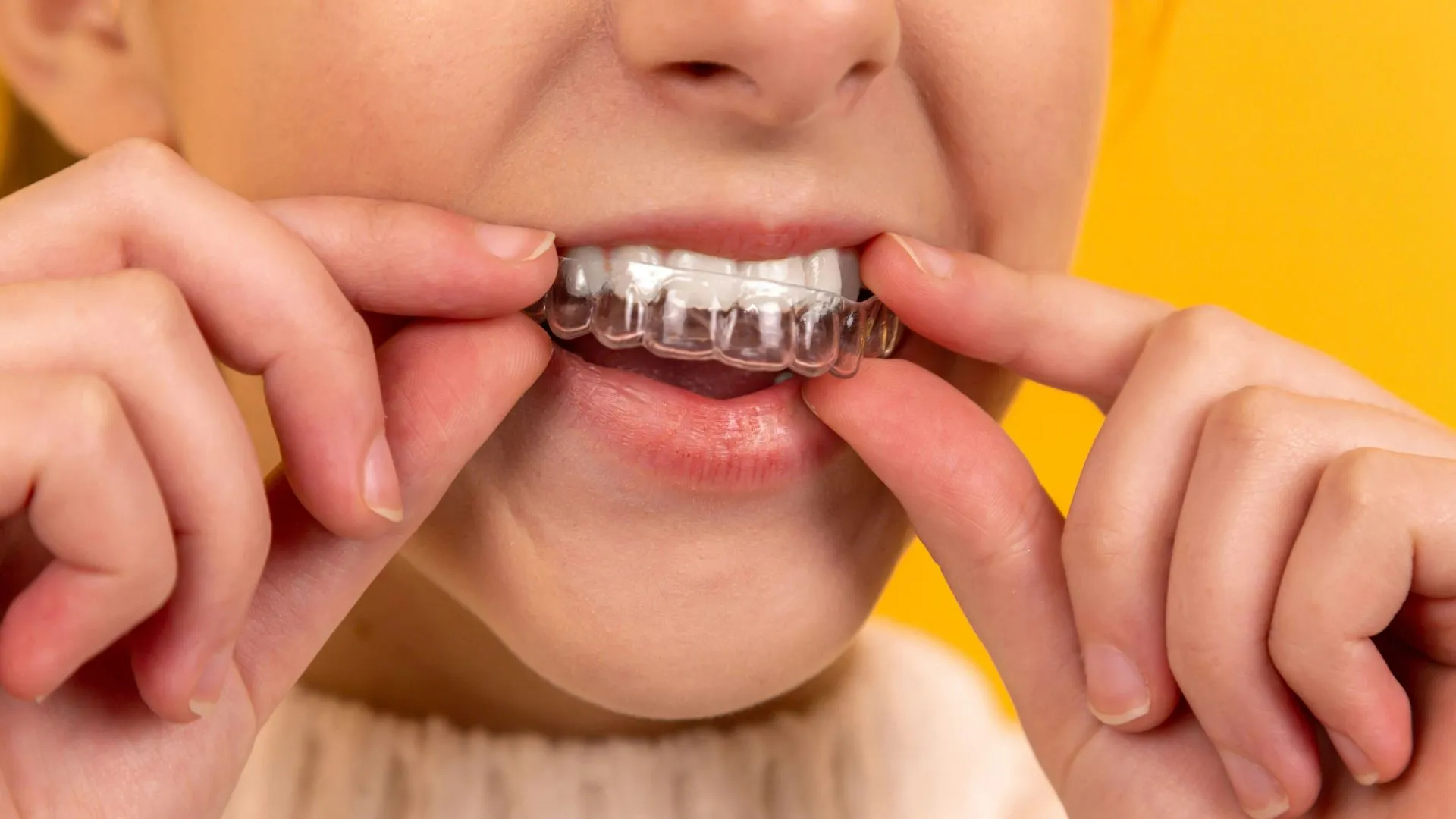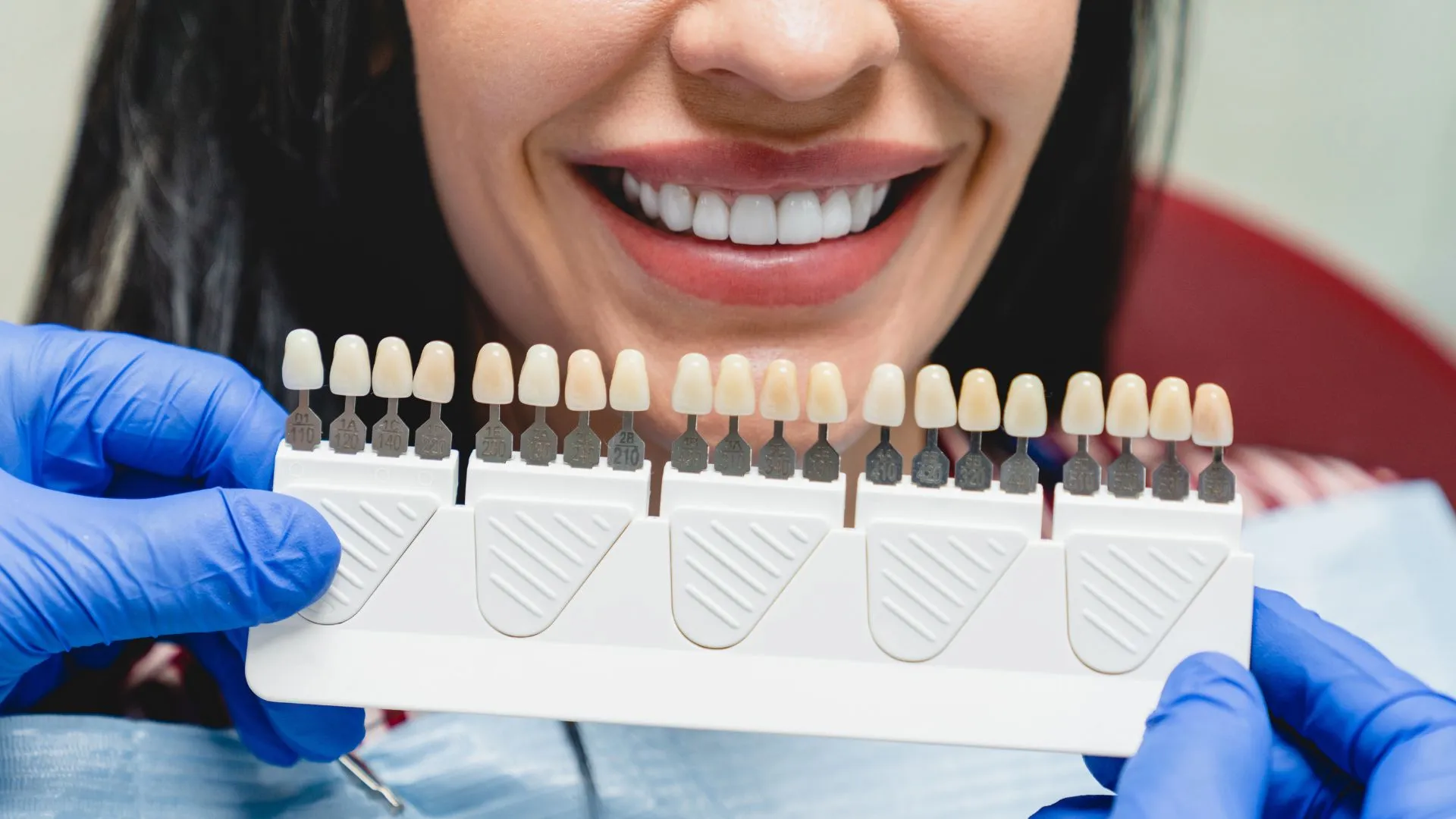After a much-needed dental implant procedure, most patients are quite concerned about how they can help maintain the overall integrity of their new implants. The majority of the questions revolve around the issue of whether they need to brush and floss…
After a much-needed dental implant procedure, most patients are quite concerned about how they can help maintain the overall integrity of their new implants. The majority of the questions revolve around the issue of whether they need to brush and floss their dentition together with their implant on a more frequent basis.
They may also ask about food getting stuck underneath the dental bridge or crown that was included with the procedure. In many ways, patients always look to their dental hygienists for the most definitive care for their implants. Here are some helpful tips in caring for your dental implants.

Regular follow-up visits to your dentist is a must
Regular visits to your dentist are a must, especially after the dental implant procedure. This is to make sure that the tissue that immediately surrounds the implant is developing normally, meaning it should be firm, colored pink, and keratinized. It should also present without any signs of inflammation or infection.
A dentist can also help ensure that a permucosal seal has developed on peri-implant soft tissues. Without this seal, the risk for infection is increased exponentially. Your dentist can teach you what you need to do to grow keratinized tissue and to achieve a perfect seal on the peri-implant tissues.
Use only recommended toothbrushes and other dental products
Soft-bristled toothbrushes are perfect for brushing the exposed surface of the implant, although electric and sonic toothbrushes should work just fine. If you can get your hands on a nylon-coated interdental toothbrush, this is better so it can reach tight spaces around implants.
Equally important is the choice of toothpaste that you will be using. It is highly recommended that only toothpaste that has low abrasive compounds should be used. Toothpaste containing stannous fluoride, baking soda, sodium fluoride, and stain removers should be avoided as these can scratch the exposed surfaces of the implant. Smoker’s toothpaste should be avoided, too.
Protect the tissue around the dental implant with appropriate dental floss
There are dental flosses that are designed specifically for implants. An unwaxed tape is also recommended. If you have bar-retained prostheses or even wide interproximal spaces, you may want to consider a floss threader for more efficient cleaning and protecting of the tissue that surrounds the implant.
Consider using oral irrigators
Oral irrigators are highly recommended for the prevention of inflammation and the reduction of biofilm or plaque that may have formed on the exposed surface of the implant. These products can also prevent or reduce the difficult-to-reach emergence profiles that occur around dental implants.
Use stimulators
These products help promote the formation of healthy keratinized tissues which can help provide a better seal on the peri-implant. Learning how to use them is important and this can be taught to you by your dental hygienist. Taking care of your dental implant is crucial to maintaining and preserving its integrity and functionality. Because these procedures require a significant investment, it pays to heed these helpful tips to caring for your dental implant.



